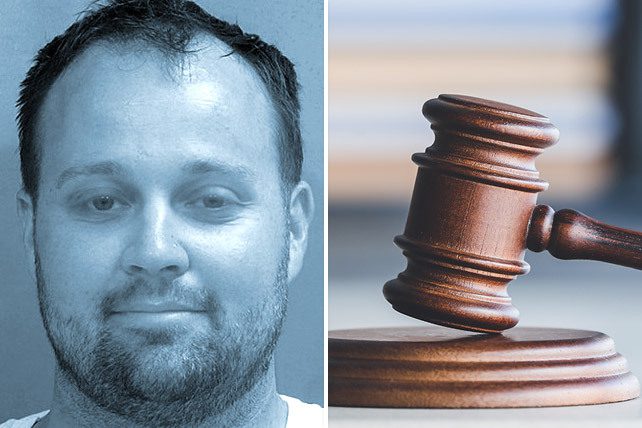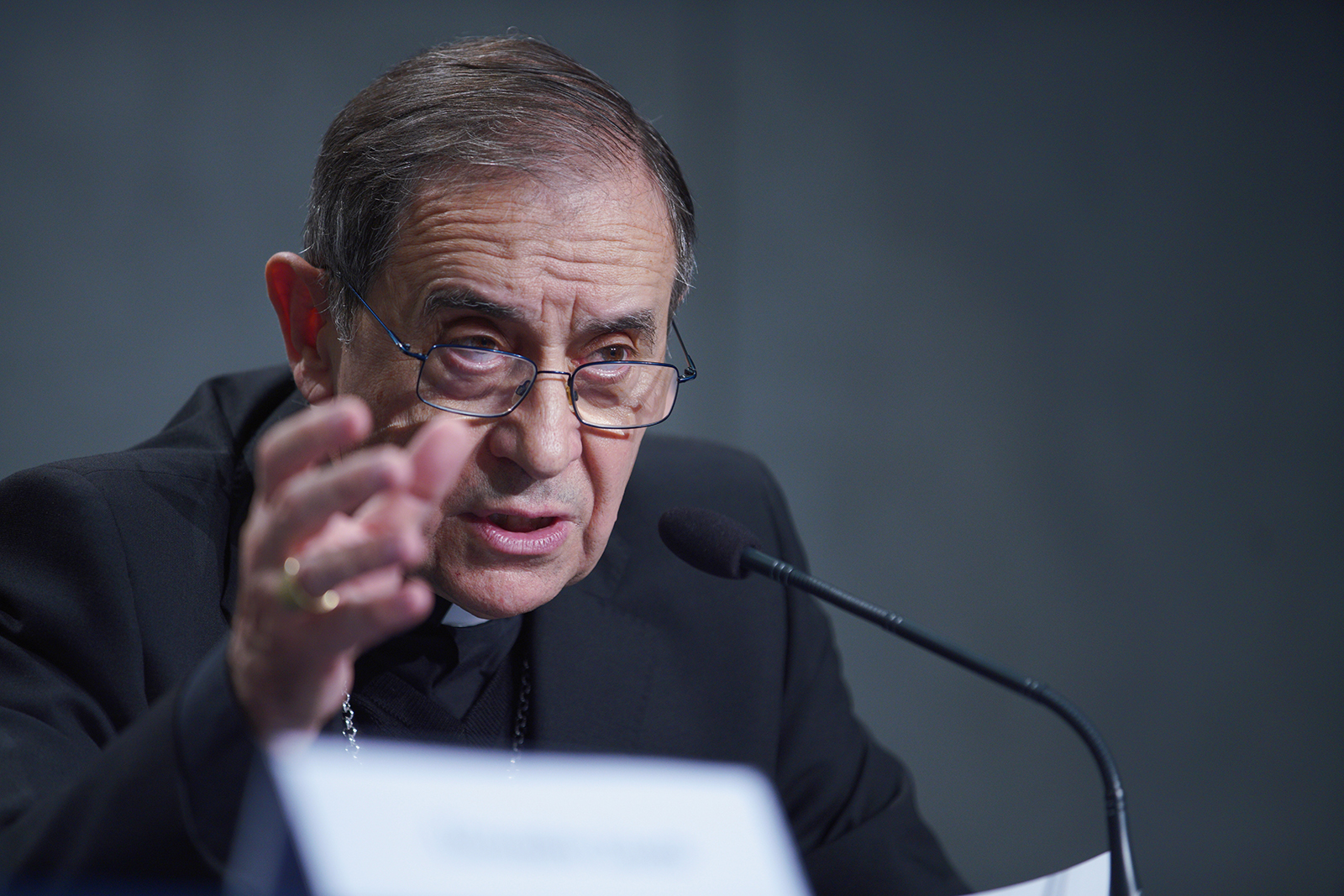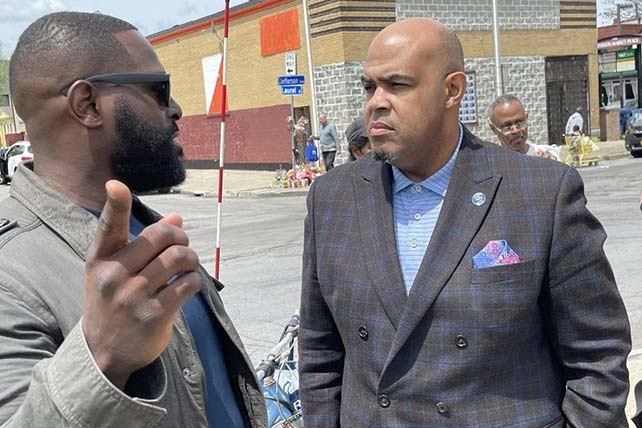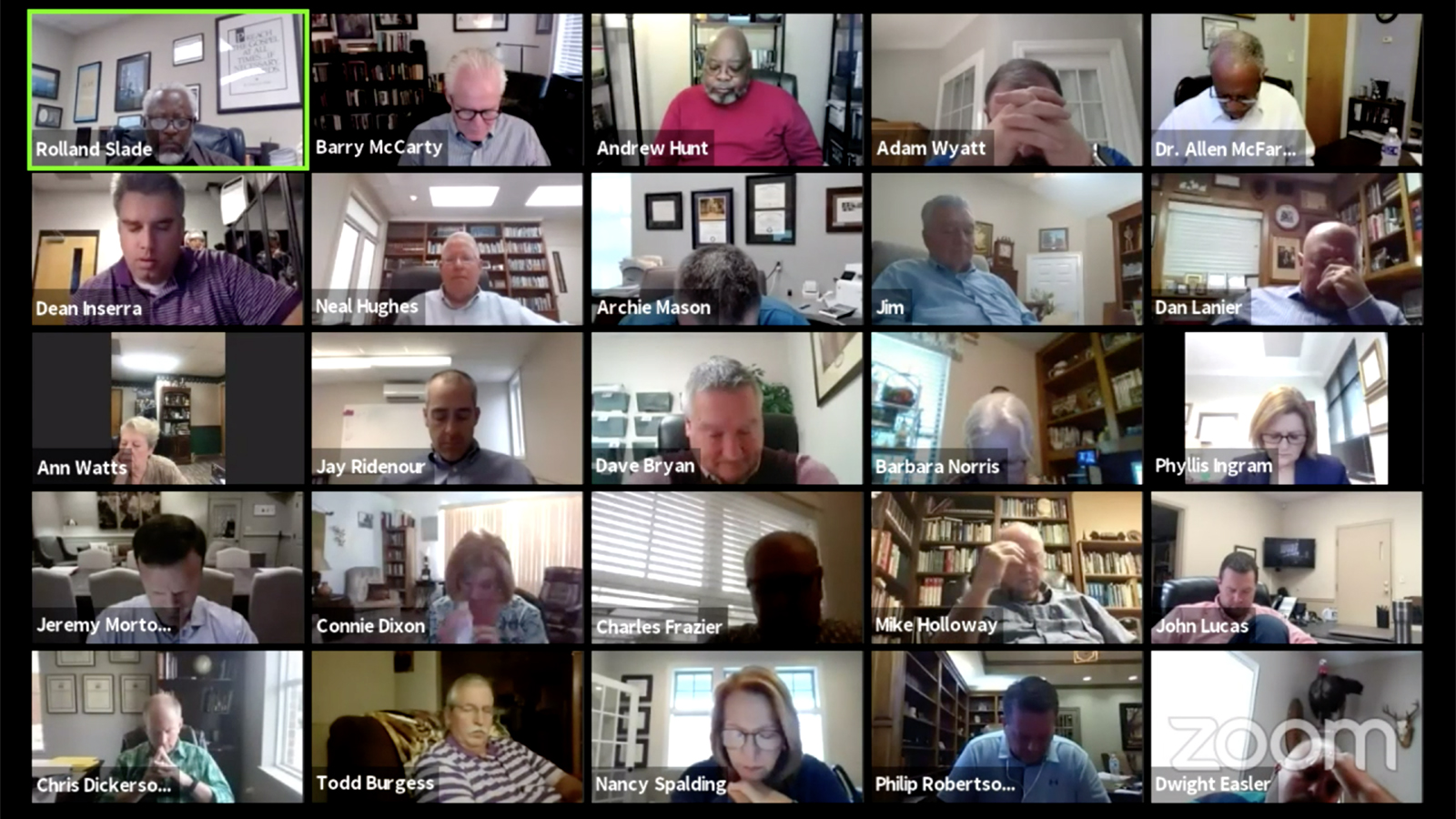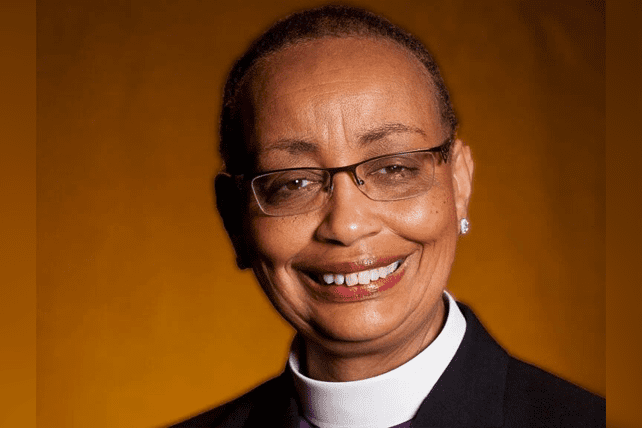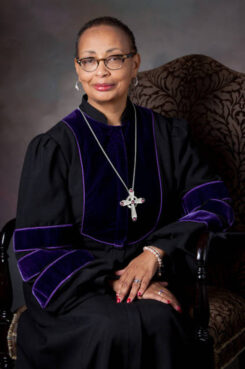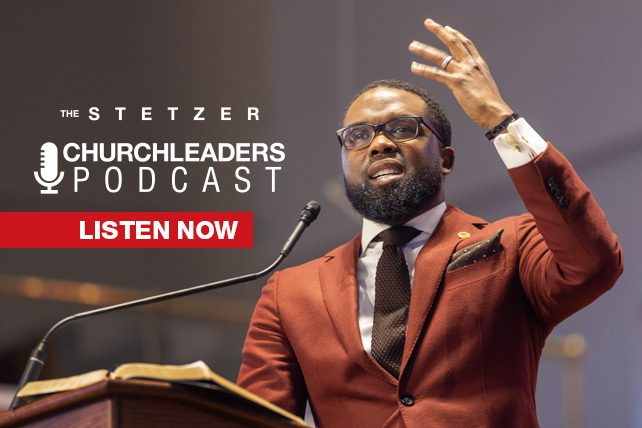How to Thrive Through Transition
My husband once pastored a church where every single attendee left after a brief time with us. Not one family or single person stayed. They all moved on.
That’s because the church was made up of American military members stationed in Japan. The United States Air Force, Marine Corps, or Navy sent them on to their next station after a tour of duty in our community. Sometimes we only had six months together, while other times it was as long as three or four years.
This reality gave us a front row seat to the lives of people who leave church. They didn’t leave because they were dissatisfied; they left because of a life transition. We’ve kept in touch with our military friends through emails and texts, phone calls and summer visits, Christmas cards and social media.
Without meaning to, we’ve become sort of social scientists with a whole population to observe. We’ve watched what happens to people when they leave their church and their church rhythms get disrupted.
CHANGE: THE NEW NORMAL
I share these observations now because church life has been disrupted for all of us. No, I didn’t suddenly join the military, and you likely didn’t either. But we’re all in a life transition now because of COVID-19. It’s as if we all suddenly received orders causing us to expedite our change of station without warning. Thanks to a pandemic, our church rhythms and attendance are going on six months of transition, with no end in sight.
The informal data my husband and I have collected tells me some will handle this disruption measurably better than others. This massive transition will either lead to better or worse outcomes for every Christian. I’m mining the anecdotes we’ve collected, along with new research from Barna, to find the key to making it through COVID-19 as a Christian.
How can you and I come out on the other side of this pandemic with an in-tact, even robust, faith in Jesus Christ our Lord?
The bottom line, hard-to-believe truth is that the path to thriving faith on the other side of any transition—including this pandemic—is plain, but many won’t take it. My observations from over two decades, combined with real sociological data, are surprising.
THREE SURPRISING TRUTHS ABOUT FAITH DURING A TRANSITION
1. The strength of our spiritual disciplines before a transition will not carry our faith after.
Spiritual disciplines like personal Bible study and prayer, gathering with our churches for corporate worship, attending small groups, giving generously, fasting, and serving missionally are all key ingredients to a thriving faith. And while they are a down payment on a strong future faith, they are not a guarantee. These habits are truly life-giving, but we have to regularly invest in them before, during, and after a transition.
We can’t look back on our strong faith of yesterday and hope that it delivers today. Even the most mature believers fall when their inner spiritual lives are not routinely nourished. We have known faithful church members, elders, and worship pastors who, after a transition, not only left the church but also left their families and their faith. Whether it’s a global military move or a global sickness, our high hopes and good intentions for the future will not be enough to carry us through.
2. The isolation of transition is deadly.
When we leave our church families, we leave the strength of like-minded believers who also walk by faith and live counterculturally. We leave the strength of being known, the strength of rhythms and disciplines and community that carried us through good times and bad.
To use an appropriate military analogy, a transition leaves us vulnerable and exposed to enemy fire. If we don’t hustle for immediate cover, we will surely be taken out.
The apostle Peter says we are “sojourners and exiles” and we must “abstain from the passions of the flesh, which wage war against your soul” (2 Pet. 2:11). Both our flesh and the world wage war against us. It is not only unsafe to journey alone as a follower of Jesus; it’s a death wish. Whether it’s a major move or COVID, prolonged isolation means certain death.
3. The strength of our commitment to our current faith family will determine the strength of our current faith.
If you and I want strong faith, we must have a strong commitment to our local church. It’s just that simple. Here’s what’s so surprising: in decades of watching people leave our military church and transition elsewhere, those with strong faith years down the road weren’t necessarily our church leaders or attendees who showed up to every mid-week event.
They weren’t necessarily our members who gave super generously or those with massive Christian libraries. They weren’t necessarily our attendees who scrubbed the church toilets or those who witnessed to their neighbors.
While those attributes are often present in the lives of those who persevere in the faith, they are not the common denominator in those who persevere in the faith. It’s shocking, but we have grieved the elder who cheated on his wife, the mission trip leader whose tender faith gave way to mean-spirited legalism, the woman who led middle school girls’ small groups and is now married to another woman, and so many more.
These friends had great faith—or so it seemed. It really did. Their lives bore fruit. God used them. And I don’t presume now to know if they still have faith. My fervent prayer is that they will wake up one day in their far-off country like the prodigal son and come running back to the Father (Luke 15:11–32).
The common denominator we have observed in persevering saints is their strong commitment to their current faith family. They were strongly committed to ours first, and then when they landed on distant shores, they quickly found a new local church and became strongly committed there. They dove in with both feet and pressed on in their race toward Jesus.
It’s true that God’s ways are not our ways (Isa. 55:8–9). And it’s true that the Spirit blows where he pleases (John 3:8), so we are often unable to discern what God is doing. I don’t want to overstate the case or presume to know exactly how God moves amongst his people. But what I can say, without hesitation and with a pleading in my heart for my brothers and sisters in Jesus, is that a strong common denominator amongst Christians who persevere in the faith is their commitment to the local church.
This isn’t meant to be an equation to obey or a new kind of legalism to produce desired outcomes. This is simply observed, proverbial truth and a call to Christians everywhere to dig in now, more than ever, to your local faith family for your own good.
CURRENT RESEARCH BEARS THIS OUT
These decades-long observations are confirmed by recent research. A Barna study conducted in late April through early May 2020 (about six to eight weeks into the pandemic and lockdown) reveals that local church attendance, either online or in-person, is way down:
-
Only 35 percent of Christians in the United States who faithfully attended church prior to the lockdown are still and only attending their pre-COVID-19 church.
-
Thirty-two percent of practicing Christians have stopped attending church altogether.
-
Exactly 50 percent of practicing Christian Millennials say they have not attended church in the past four weeks. Thirty-five percent of Gen Xers and 26 percent of Boomers also say they have not attended church in the past four weeks.
The Barna respondents who stopped attending church, either online or in-person, during COVID-19 also reveal they have higher rates of the following conditions than those who have continued attending:
-
Feel more anxious about life (87 percent vs. 76 percent).
-
Feel more bored all of the time (17 percent vs. 6 percent).
-
Feel more insecure at least some of each day (11 percent vs. 7 percent).
In the midst of this global transition, many in the church—one-third of American Christians—have left their local church fellowship. And it shows. As our fellowship, either online or in-person, has waned, so has our mental and emotional health and well-being.
IT’S NOT GOOD TO BE ALONE
We suffer in isolation because we are not meant to be alone. We were created for community. When Adam was alone, God said it wasn’t good and he made Eve (Gen. 2:18). The wisdom of Solomon tells us that two are better than one for our own productivity, safety, and thriving (Eccl. 4:9–12). We see breathtaking beauty in the early church who “devoted themselves to the apostles’ teaching and the fellowship, to the breaking of bread and the prayers. . . . And [having] all things in common (Acts 2:42–47). Quarantines or not, we need each other.
Because of COVID-19, fellowship in 2020 (and well into 2021 and for who-knows how much longer) must be creative. Depending on each believer’s location it might have to be totally online, or it might be in small groups that meet outdoors, or it might look much like it always has. Regardless of the specifics, fellowship is not optional for the Christian.
I know Zoom and Facebook Live and all the platforms are hard. There is no disputing that well-known fact. Online connection is not ideal. But texting church friends, Facetiming small group members, and attending church together online is fellowship. It is something. It is of value. And this year, it’s the stuff of life.
Brothers and sisters, we are foolish to think we don’t need one another. We are short-sighted if we think we can take a break from our local church bodies, spiritually survive this pandemic, and reconvene with God and each other when everything is better. Life experience and sociological research reflect God’s kindness in admonishing us to not neglect meeting together (Heb. 10:25).
THE BOTTOM LINE
The path to thriving faith on the other side of any transition—whether a military move or a pandemic—is a fierce commitment to your local church. That’s it. That’s the very simple, very plain Christian hack for this moment in history.
We need each other. Our lives depend on it. Let’s be creative and committed and get through this together.
Jen Oshman © 2021 Gospel-Centered Discipleship. This article originally appeared on GCDiscipleship.com.




